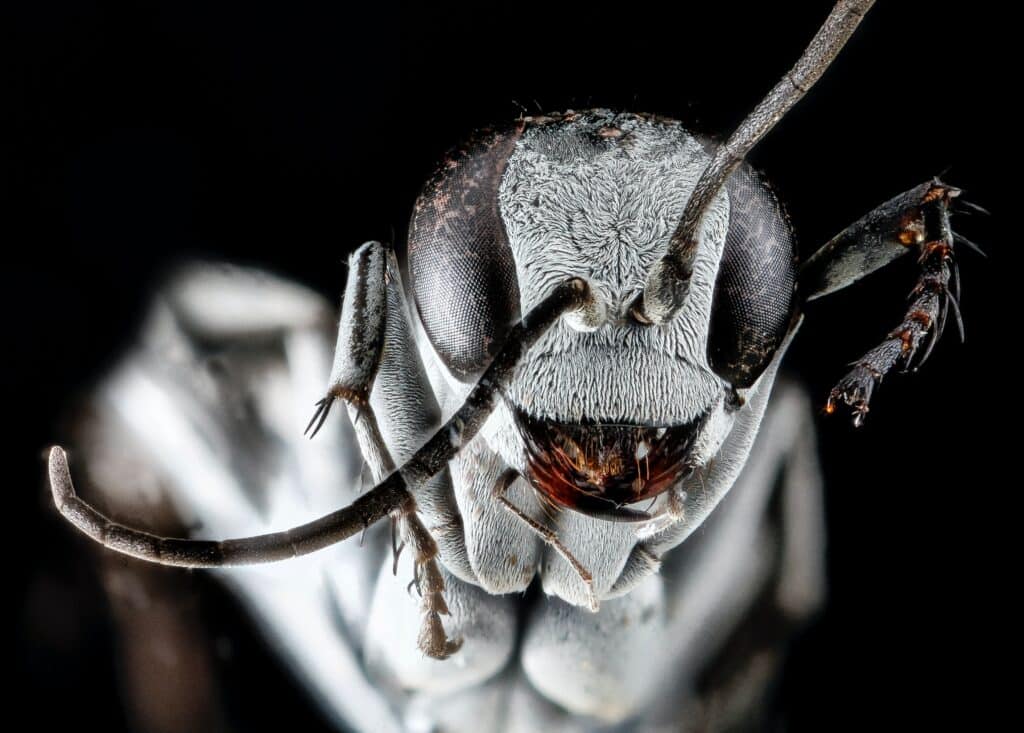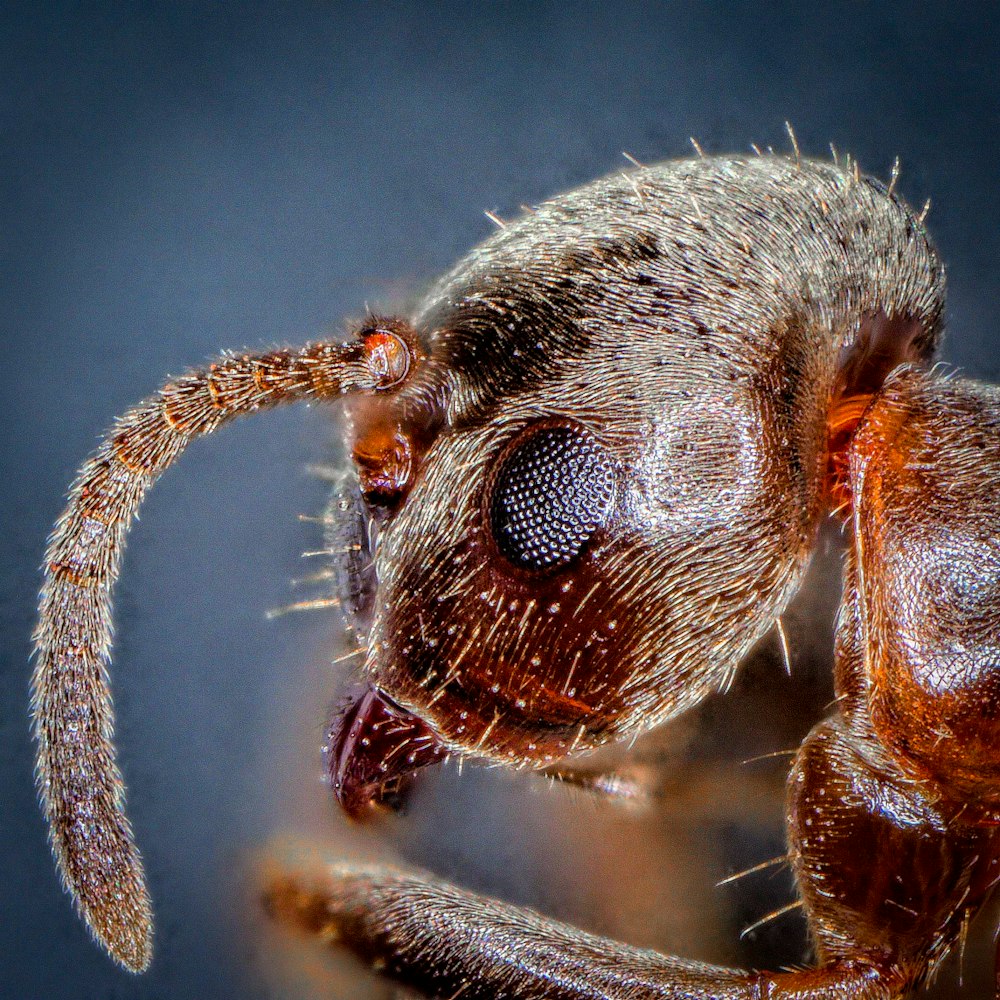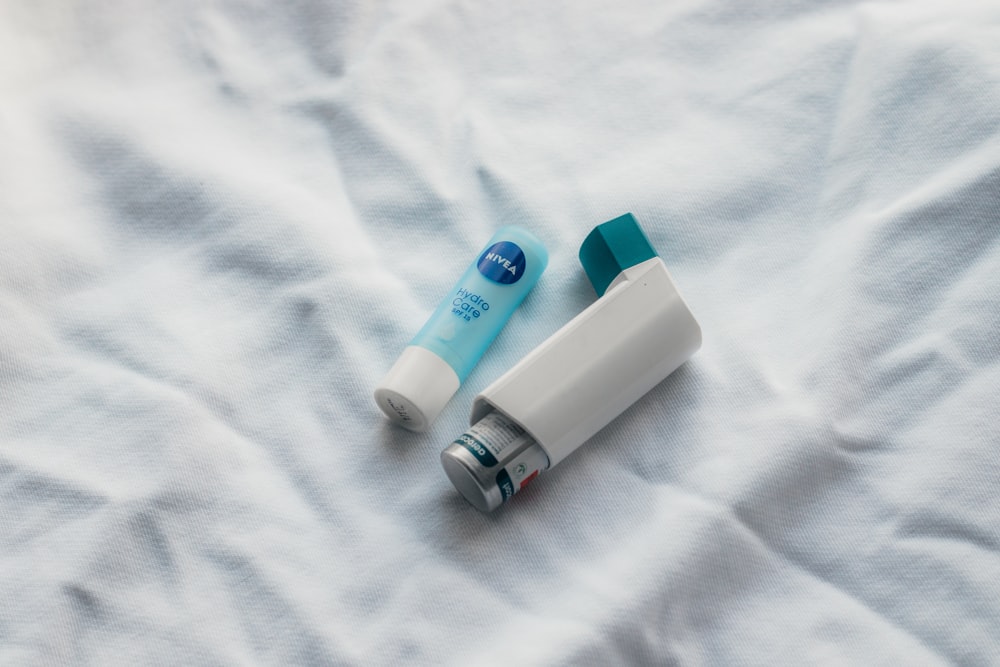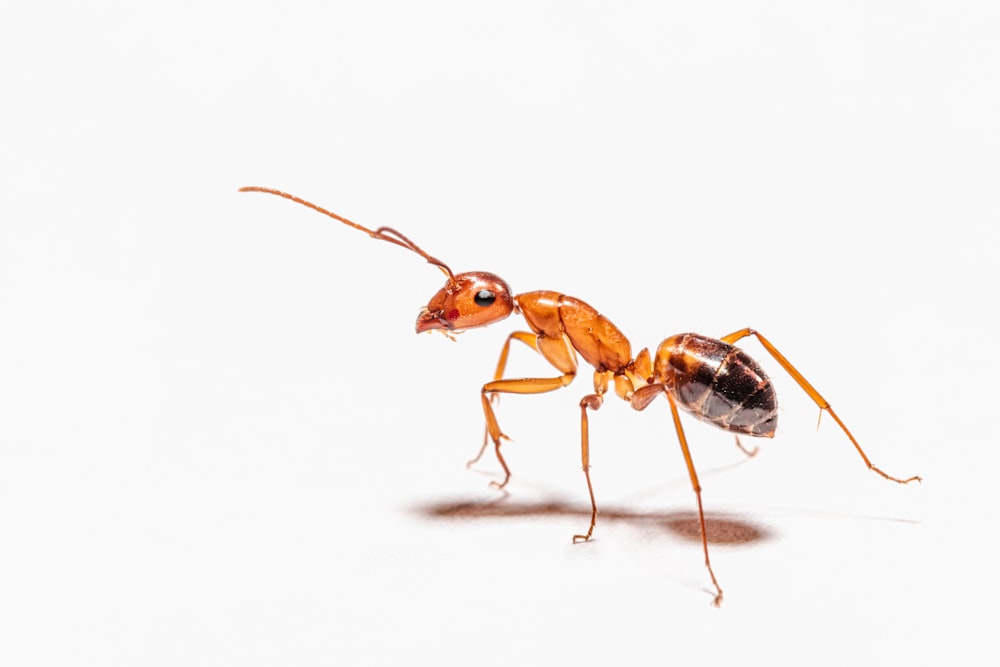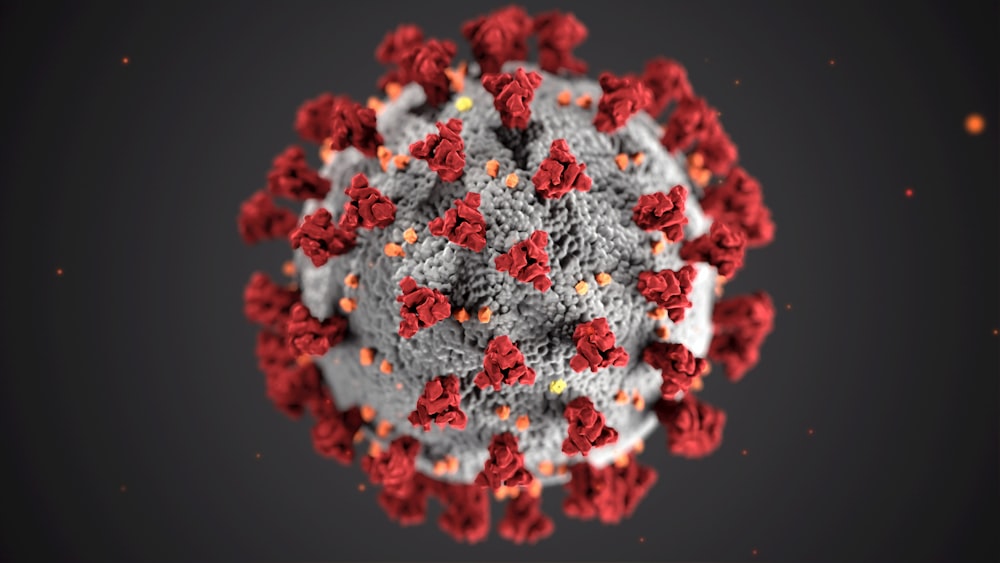Being health-conscious, you might wonder how your home’s tiny ants impact your health.
Ants do not carry as many diseases with risks of infection to humans as other insects like mosquitoes and fleas.
Still, many of the different species, i.e., pharaoh ants, get involved in transporting many bacterial and fungal organisms.
The fungi and bacteria play a lead role in humans developing many foodborne illnesses.
Let us have a closer look into the role of ants in the development of diseases.
What Diseases Do Ants Carry?
Research suggests that ants carry diseases and many foodborne illnesses like Salmonella, Shigella, and Escherichia Coli. While not as dangerous as many other insects, many ants still transmit bacterial and fungal organisms that can prove to be serious disease pathogens.
Although ants do not transmit diseases like mosquitoes and other essential insects.
Disease-wise, ants do not pose dangers to human health through their bites.
In the case of ants, children are most prone to the diseases caused by ants as they spend most of their time playing on floors when they are not wearing shoes.
Also, ants love abandoned sweets. (Who Doesn’t?)
Ants can easily transmit harmful bacteria and fungi to the sweets and cause different foodborne illnesses if they were to be eaten afterward. (Source)
Harmful Ants
There are more than 12,000 ant species in the world that have been discovered.
One notable species among them is Pharoah Ants which are about two millimeters in length, but their pathogens can infect humans and pets in medical facilities and homes. (Source)
Although all the species of ants are known to carry germs, Pharaoh Ants are more concerned due to their size.
They are commonly undetected in homes, grocery stores, hotels, hospitals, and apartments.
Are Ants Hygienic?
All ant species are hygienic!
Ants are very clean and use oily saliva to clean and lubricate their bodies.
The zoologist Alexander Hackmann, after observing the method of ants to clean their antennas, once said:
“You will never find a dirty insect,”
Hackmann emphasized this as one of the many reasons behind the success of ants worldwide.
He highlighted this trait of ants cleaning themselves as one of the most important.
Semes evident in hindsight, as there are a ton of really genetically strong traits ants have that make them the species with an incredibly dense population spread throughout the world.
Ants’ population has been seen as over one billion insects per person.
Transmission of Food Borne Disease Organisms:
Ants are known for the contamination of food.
Since ants carry pathogens and bacteria (tiny organisms) that cause different diseases, they have the potential for various foodborne illnesses.
These foodborne disease organisms include Salmonella, E.coli, and Shigella.
Certain ant species can cause some other illnesses like gastroenteritis.
For example, certain ant species (Sugar Ants and Pharaoh Ants) can act as frequent carriers and cause cross contamination as they interact with food.
Asthma and Respiratory Problems:
Ants can also contribute to respiratory problems for residents within homes.
Asthma can be triggered by household ants, especially in children with allergies.
A Threat in Healthcare Facilities:
Ants are healthcare facility’s word nightmare (especially the pharaoh ant)
Ants can be involved in carrying antibiotic-resistant bacteria in a hospital environment.
While crawling around, they carry and transport pathogenic and opportunistic bacteria within the medical treatment and food facilities.
Many ant species that display synanthropic behavior can cause significant problems in hospitals dispersed in urban areas.
These urban ants carry disease because they have the potential as mechanical bacterial vectors.
A particular ant species can pose a significant danger in the burn treatment units of hospitals as the fluids produced by the burn wounds attract these ants.
Different studies were made on the ants collected in the hospital and food facilities, and bacteria were found on them.
Bites, Stings, and Hypersensitivity to Ant Venom:
If a person has a hypersensitivity to ant venom, bites and stings can create severe symptoms, whereby they can cause allergic reactions to such a person.
It can also lead to secondary infections, bites, and stings if they are not kept adequately disinfected and clean. (See More)
Children and young adults are mainly found to be highly affected by fire ants.
This is due to their hypersensitivity to ant venom and the aggressive nature of fire ants.
The intense pain, swelling, and itching can create extreme discomfort; in many cases, the stings develop lesions.
Realize that such conditions can sometimes be life-threatening if there is an allergic reaction.
During intense allergic reactions, Anaphylaxis is a possibility. Anaphylaxis can be life-threatening and send the body into a severe shock.
Ants That Can Bite:
Some species of ants can bite and have powerful mandibles.
One of them is the carpenter ant!
Carpenter Ant Can Bite
This particular species of ant has one of the largest mandibles among all the different types of ants.
Their strong mandibles can even pierce through wood!
It’s no shock that a carpenter ant bite can cause significant pain to human beings.
Field Ants and Raspberry Crazy Ants Can Bite
Some unique ant species that can bite are field ants and raspberry crazy ants.
Field ants are smaller than carpenter ants, and raspberry crazy ants are by far the smallest in size.
While a Raspberry Crazy Ants bite doesn’t hurt, many still get freaked out by how fast they swarm.
What’s also cool about the Raspberry Crazy Ants is they can be used to create an antidote for fire ant bites.
Ants That Can Bite and Sting:
Many ant species can bite and sting simultaneously, and one of them is the acrobat ant.
Acrobat Ant
This ant only attacks when they need food.
They usually live in the kitchen and can transmit diseases to your food.
Sugar Ants or Pavement Ants are some more species that can bite and sting simultaneously.
What’s worse about these is they can also spread diseases and contaminate your food.
Need for Professional Pest Control Service?
Sometimes, you need a professional pest control service for ant infestation.
Even though ant bites don’t transmit diseases through their bites, there are other ways in which these germs can spread.
As these ants are always looking for food, they go through some pretty dirty places (pipes and walls) where they can pick up different kinds of bacteria and germs on their bodies.
They then go after your food, transferring these diseases. This is why taking care of ant infestations immediately is crucial.
As homeowners and building owners, you must worry about ants getting into your food.
The last thing you want is a consistent problem by allowing these ants to start creating an ant colony in your walls or pipes.
So, save yourself the trouble from these ant species and other pests and call pest control.
Do Ants Depend on Humans?
The simple answer is no! Ants do not depend on human physiology.
They remain close to human dwellings only to look for leftover food and shelter during drastic environmental changes.
In short, the life cycle of ants does not depend upon human beings.
Relevant Ant-Prevention Articles
Additional articles that go over the early primary prevention of ants can be found here in these articles:
- How To Keep Your Hummingbird Feeder Safe From Ants: Keep Ants away from your hummingbird feeder before they can enter the house.
- How To Keep Ants off Fruit Trees: Ants love fruit trees, protect them at all costs! Quickly, you will see these ants sneak into your house as they’re now addicted to these sweets!
- Queen Ant out of the Ant Farm: If you want to handle the problem, you must kill the source. Check out this article about getting the queen ant out.
- How To Keep Dog Food Safe From Ants: Dogs are a part of the family, and we must protect them. The diseases that these ants carry can hurt even our furry friends.
- What Plants Can Keep Ants Away: Sometimes, using a natural source to keep ants away like plants is exactly what you need!
- Best Way To Keep Ants Out Of The House: The first way to stay safe from different diseases that ants carry, is to keep them out of the house!
- How To Get Rid of Ants on Carpet: If ants have gotten into your carpet, you need to act fast. This prevention technique is crucial to avoiding the diseases that ants carry.
The Solution & Final Thoughts on Ant Diseases
As they say, “Prevention is better than cure!”.
That is why you must take protective measures to counteract any chance of ants getting into your food.
While you may not be too scared of some ant bites, realize the pathogens that these ants carry can get you very sick.
These ants have diseases like Salmonella, E Coli, and others that can pose a risk at your house or any facility.
Even though the risk of getting ill through ants is relatively low, you must still work to keep these pests away from your home and get rid of them.
This will remove any potential risk of ants transmitting disease.
You can take other protective measures like sealing up gaps, keeping your food in sealed containers, and keeping your home clean.
Get in touch with the pest control service, take preventive measures, and keep yourself safe!
